Dud cabinet ministers let down PM and nation
While Albanese wants to model his government on Bob Hawke’s, it is becoming increasingly clear he doesn’t have the cattle in cabinet to make it happen.

It was a powerful cabinet during a tumultuous period in Australian politics. Bold and important economic reforms defined the Hawke years, but the social reforms shouldn’t be underestimated – for example, the Sex Discrimination Act of 1984, which eliminated legal gender discrimination in the workplace; or the introduction of HECS, making support for higher education (somewhat) fiscally sustainable but still universally accessible.
The licence the Hawke Labor government was given to address inequality in the tax and transfer systems came courtesy of its willingness to embark concurrently on the biggest post World War II economic reforms the nation had seen: floating the dollar, deregulating banks, opening up direct foreign investment and reducing tariffs.

The Campbell review made these recommendations to government, but the previous Fraser administration didn’t dare be so bold. Labor also brought down productivity-stifling high income tax rates and adjusted taxes on dividend imputations, fringe benefits and capital gains. Efficiency was the name of the game, in conjunction with fairness.
Hawke did what Malcolm Fraser did not, at the urging of Keating. John Howard claims to have wanted to follow the Campbell review recommendations, but as Fraser’s treasurer he couldn’t carry the day in cabinet. This is a contested claim, but Howard did drag the Liberal Party along for the ride in opposition during the Hawke years, supporting most of the reforms.
The difficulties of the economic transition during the 1980s and early ’90s resulted in several close electoral outcomes, but every time the Labor government was given the benefit of the doubt precisely because of its vision and boldness. It oozed credibility as a consequence.
While Anthony Albanese wants to model his government on Hawke’s, it is becoming increasingly clear he doesn’t have the cattle in cabinet to make it happen. Some also question Albanese’s capacity to become even a mini-me Hawke. That may be the case but, if so, failures within his team are a big reason.
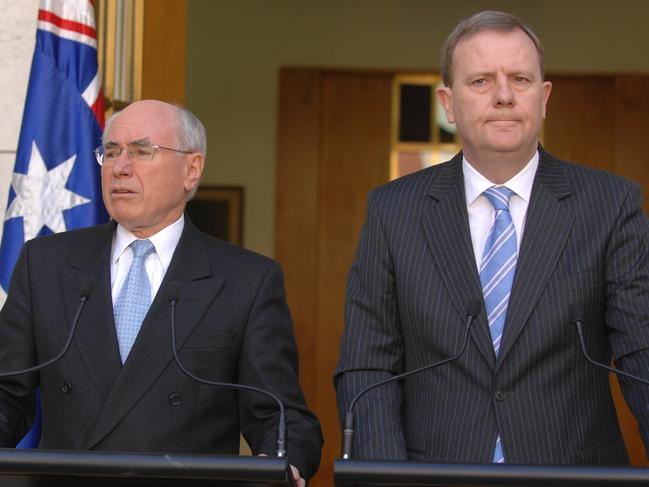
Albanese’s cabinet isn’t a patch on the personnel during the Hawke years and Albanese isn’t capable of filling that void the way Howard did, for example, during his prime ministership.
The Howard government had less talent in cabinet than Hawke, but Howard did have Peter Costello as treasurer and, for a time, Peter Reith to show strength on the industrial relations front. Howard developed leadership attributes to overcome a lack of depth in cabinet, structuring his office and centralising power to overcome such limitations.
Team Albanese may not be capable of such a pivot.
Recent weeks have exposed the inadequacies of key ministers. Home Affairs Minister Clare O’Neil should be sacked, as should Attorney-General Mark Dreyfus. Their lack of contrition and ability to learn from mishandling the High Court decision on stateless detainees is breathtaking.
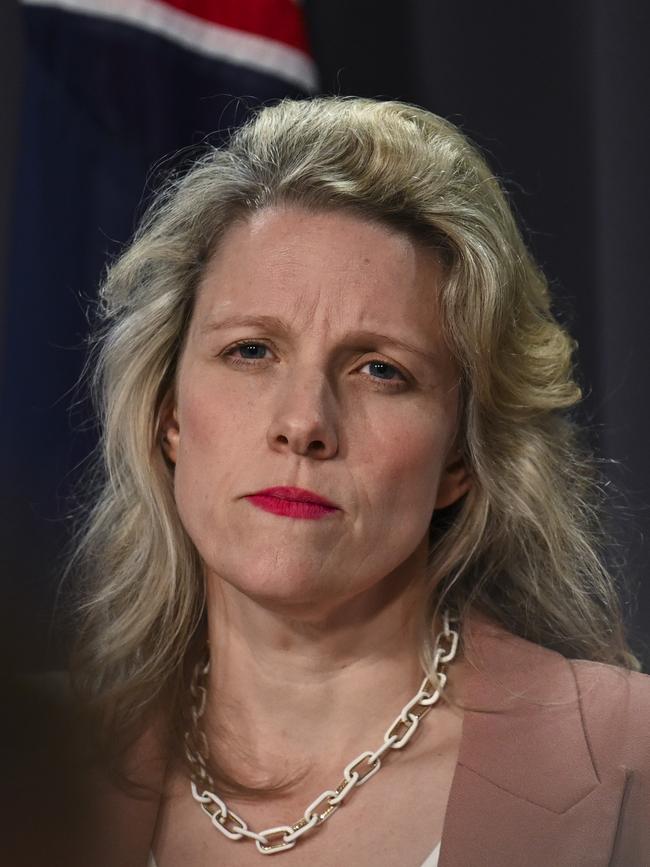
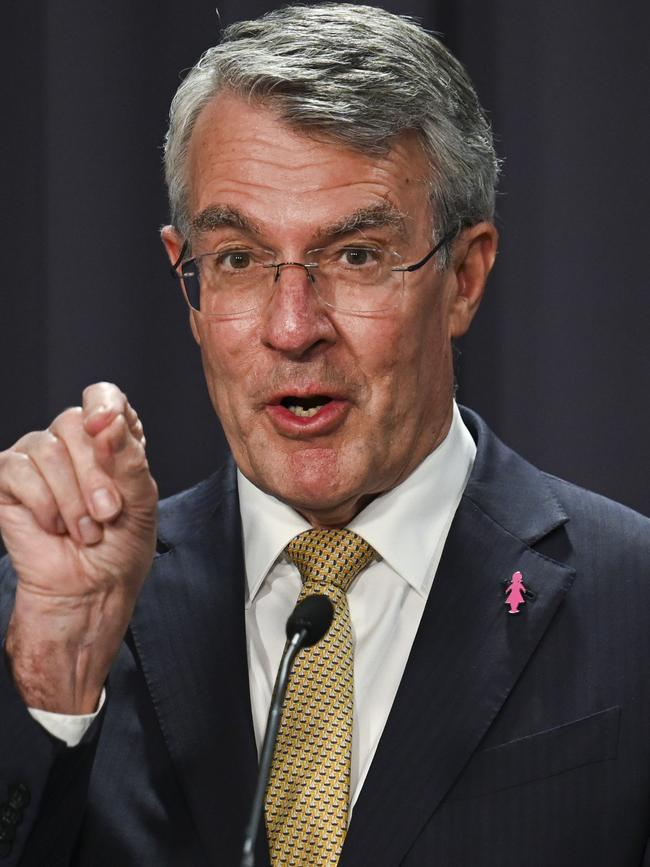
But the biggest weakness in Albanese’s cabinet is turning out to be Jim Chalmers, notwithstanding superficial assessments of the Treasurer’s virtues. To be sure, he’s not incompetent. Chalmers just isn’t to Albanese what Keating was to Hawke or Costello was to Howard.
Simply put, 18 months and two budgets into the lifespan of this government, and he still hasn’t grown into the job of Treasurer.
He has done plenty of profile pieces about improving his lifestyle by no longer drinking too much every night, touting his exercise regime or the importance of check-ups following health scares; also writing a sophomoric word salad for The Monthly that revealed little economic vision and less by way of practical goals. He hosted a for-the-cameras jobs and skills summit that lulled business into a false sense of security that this government would genuinely consult, which time and again it has not.
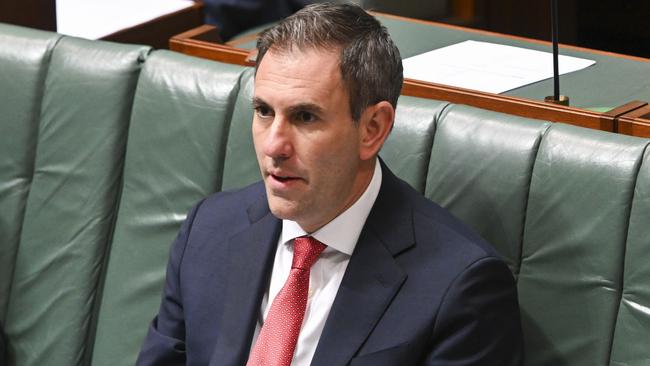
In contrast, Keating quickly embarked on overdue reforms, hosting a genuine tax summit with outcomes out the other side of it. Costello immediately performed fiscally necessary surgery on a broken budget before pivoting to sell difficult consumption tax reforms.
The need for that sort of start by a new treasurer now is as great as, if not greater than, it was back then. All we are getting are piecemeal interventions that exacerbate underlying problems.
What does Chalmers stand for beyond positioning himself as the next prime minister in waiting? To the extent he does have economic values, they reveal him to be a disciple of Wayne Swan rather than Keating. Chalmers may have completed a political science PhD studying Keating’s leadership, but he’s no student of Keating’s economic boldness. Chalmers’s pre-parliamentary career is dominated by time staffing for Swan.
The urgency for major tax reform grows as Chalmers shirks from its advocacy. Albanese’s style of giving his Treasurer autonomy exposes vacuousness rather than provides room for reform.
Albanese urgently needs to find an economic spine for his government, which would be best achieved by putting Andrew Charlton and Dan Mulino at the heart of the government’s economic team. The pair of economists with PhDs from Oxford and Yale, respectively, understand the importance of reform and they aren’t tethered to Swan’s brand of economic thinking.
But Albanese can’t choose his cabinet, the factions do that. Chris Bowen at least understands the importance of bold economic reform and has factional backing, as does Bill Shorten, even if they got the balance wrong from opposition in 2019.
Labor is left with an imbalanced cabinet, dead-duck ministers in key portfolios, a Treasurer lacking the economic vision necessary to complement Albanese’s leadership style and genuine talent withering on the backbench vine courtesy of myopic factionalism.
It is a recipe for ongoing dysfunction, but that won’t necessarily result in electoral failure. Major party politicking is a zero-sum game. The winner needs only to be marginally less of a turn-off than the loser. While Labor is doing its best to lose, it starts with 21 more seats than the Coalition, the power of incumbency and history on its side. No first term government has lost re-election since 1931.
The Liberals also are fighting a war on two fronts, competing against the teals as well as Labor. As much as Peter Dutton’s personal numbers have improved, it’s off a low base and his shadow cabinet makes Team Labor look like rock stars. A Pyrrhic Labor victory remains most likely.
Peter van Onselen is a professor of politics and public policy at the University of Western Australia and Griffith University.


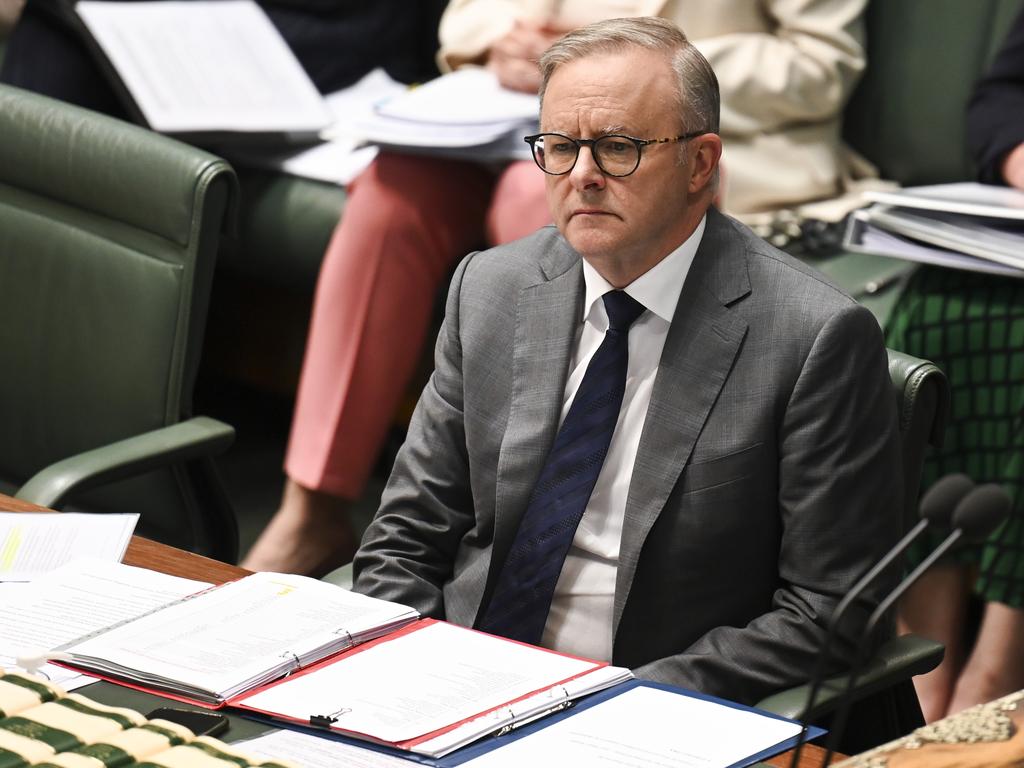
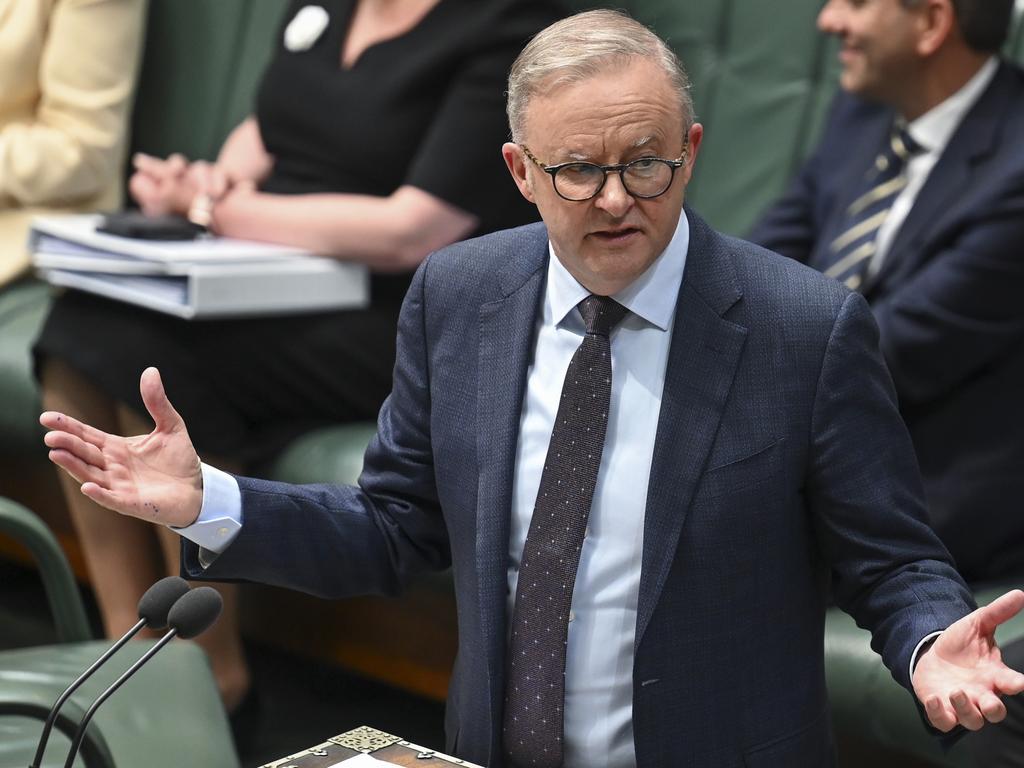
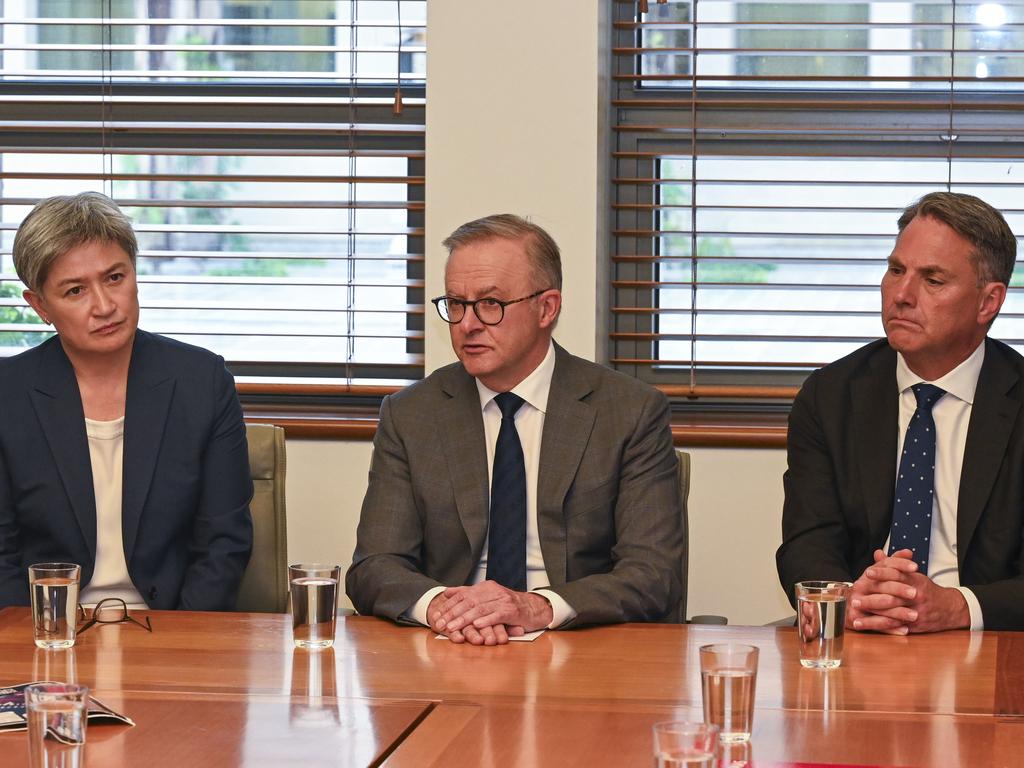
The success of the Hawke government was driven by the prime minister’s working relationship with his treasurer, Paul Keating. Bob Hawke ran a traditional consensus-style cabinet, trusting his senior ministers to manage their portfolios competently with relative autonomy.